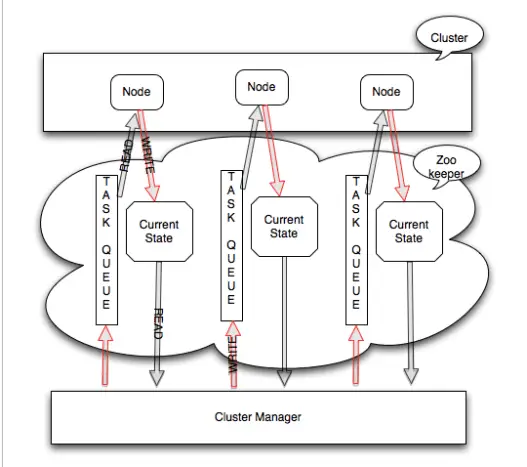
In the dynamic world of cyber security, threats are continually evolving and vulnerabilities are regularly exposed. The latest is a critical deserialization vulnerability, CVE-2023-38647, in Apache Helix, a generic cluster management framework instrumental in automating the management of partitioned, replicated, and distributed resources hosted on a cluster of nodes.
Apache Helix, the stalwart that orchestrates the reassignment of resources amidst node failure, recovery, cluster expansion, and reconfiguration, has recently been found susceptible to a pernicious attack that can ultimately pave the way for remote code execution. This vulnerability, which has a severity rating of ‘important‘, afflicts all Apache Helix versions up to and including 1.2.0.

The crux of the vulnerability lies in the nefarious use of SnakeYAML to deserialize the ‘java.net.URLClassLoader‘, thereby facilitating the loading of a JAR from a specified URL. Once this step is executed, an attacker can then deserialize ‘javax.script.ScriptEngineManager’ to surreptitiously load code using the compromised ClassLoader. The resultant unbounded deserialization can potentially trigger remote code execution. The code can be executed within the Helix REST start and Workflow creation, a pivotal process within the Apache Helix system.
While both ‘helix-core’ and ‘helix-rest’ products are impacted by the CVE-2023-38647 vulnerability, immediate and comprehensive mitigation measures are crucial to stymie the potential ramifications. In the short term, the recommended approach is to desist from using any YAML-based configuration and workflow creation. This immediate measure serves to restrict the attacker’s ability to exploit the vulnerability.
For a long-term and more resilient solution, users are encouraged to migrate to the updated Helix version, 1.3.0. This version incorporates critical patches designed to effectively address the vulnerability and bolster the overall security of the framework.